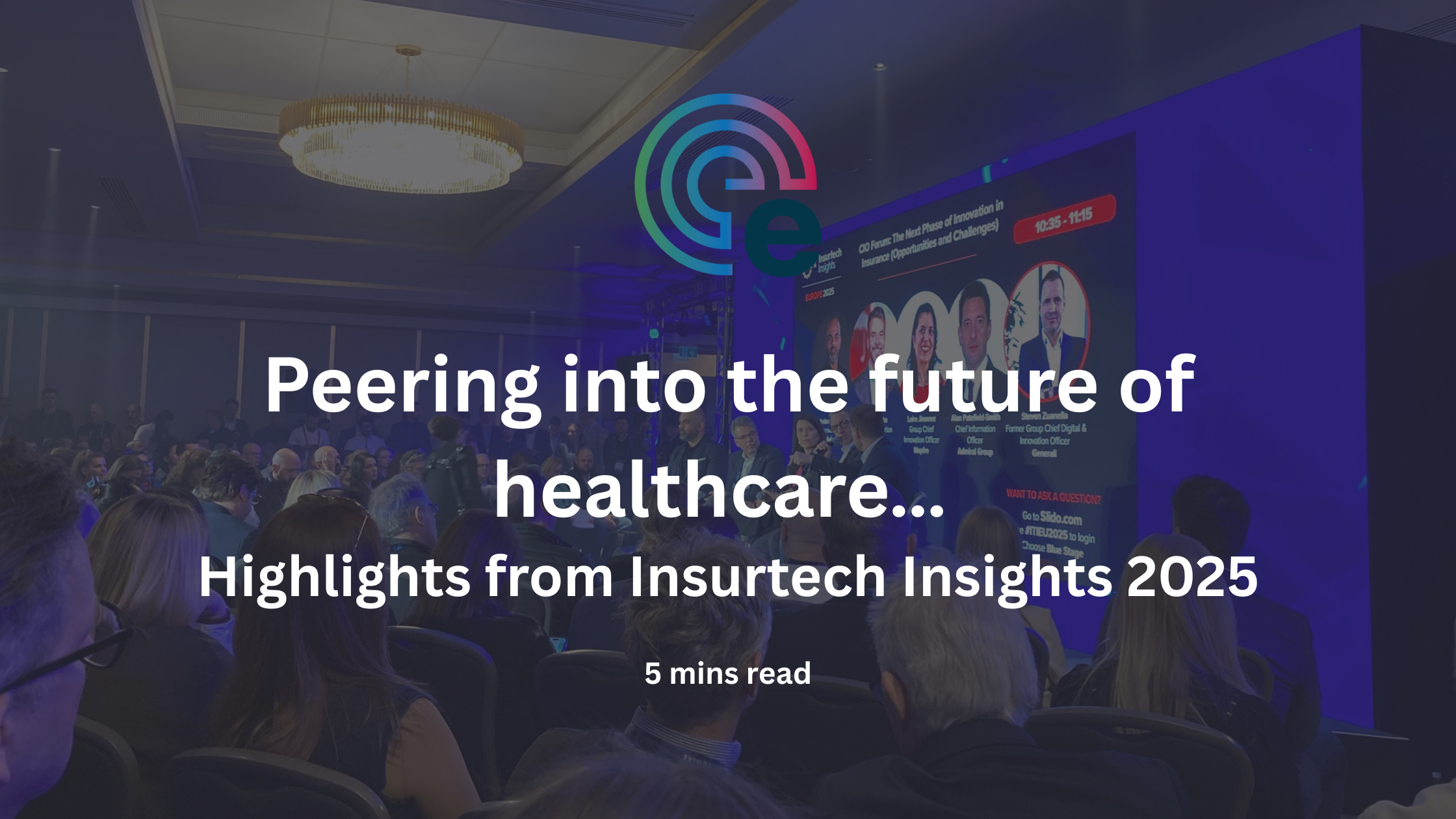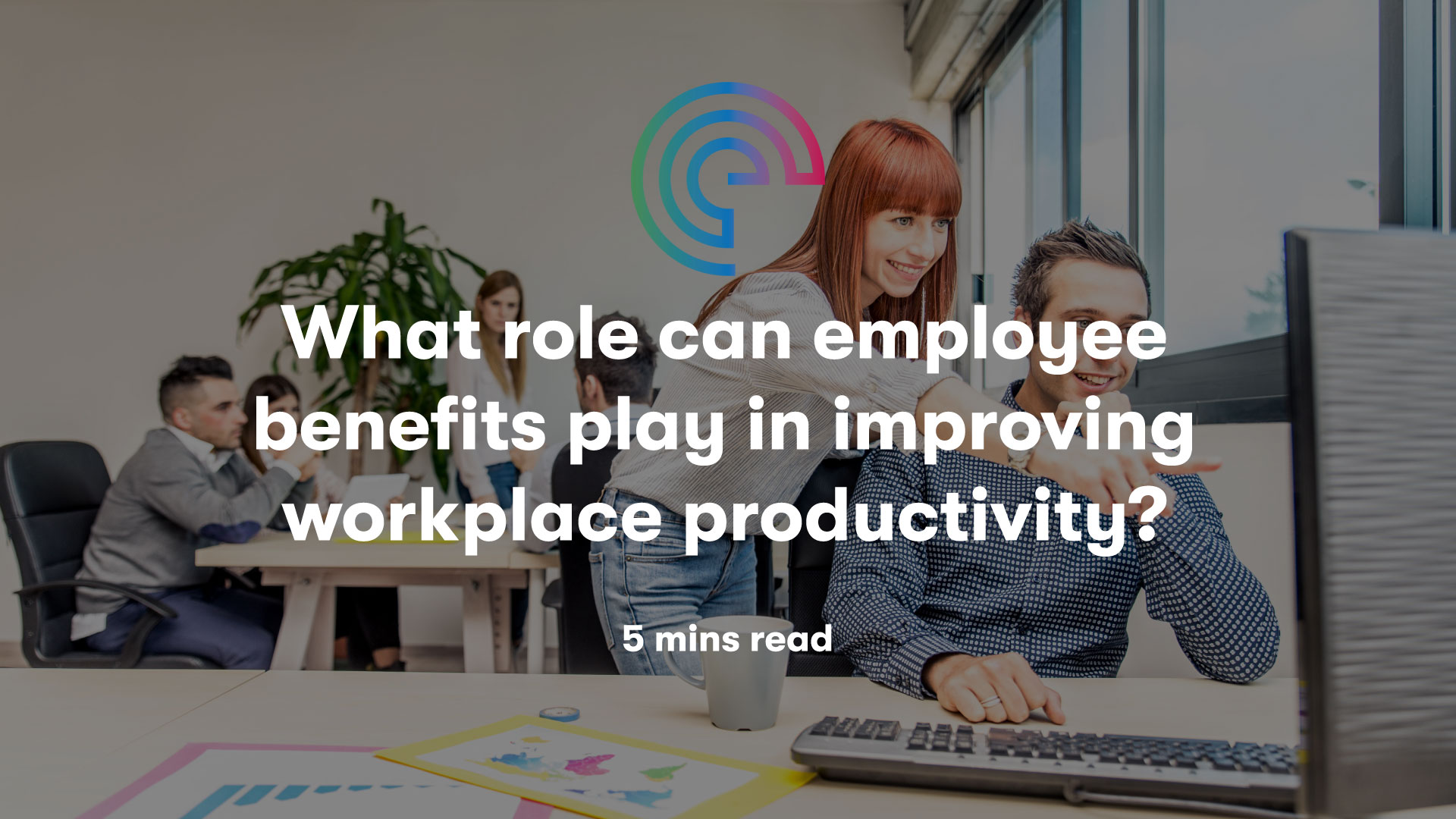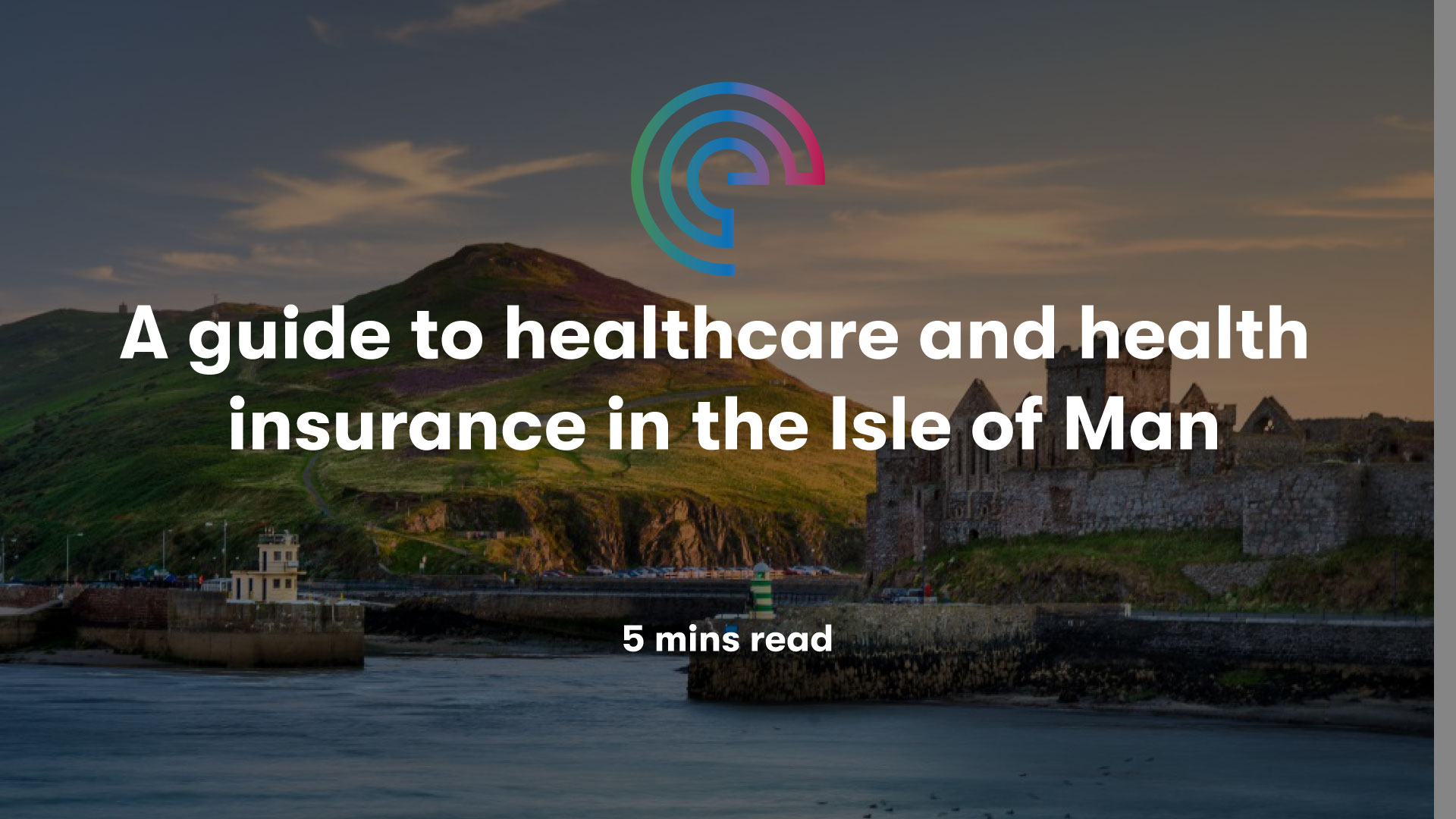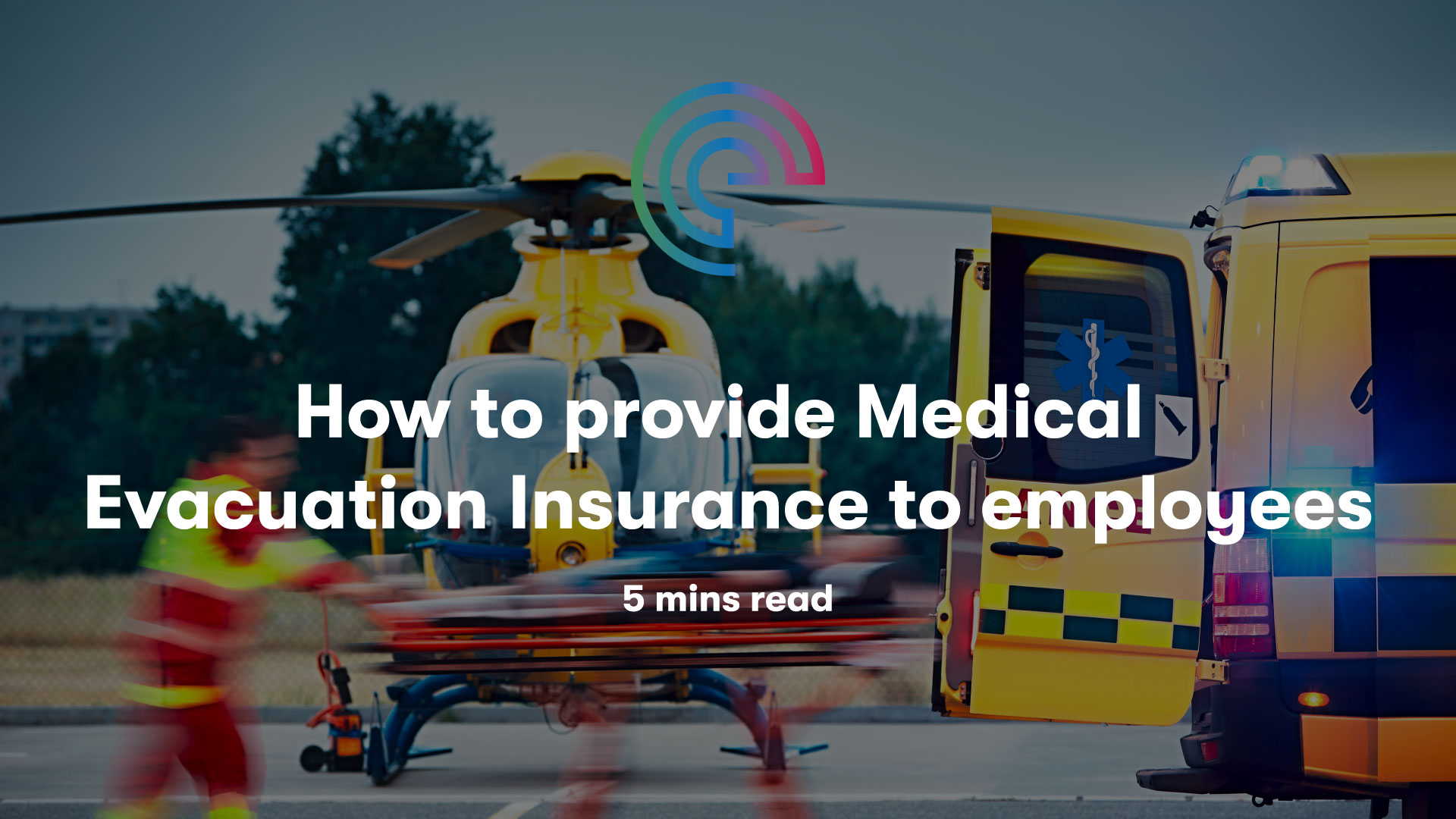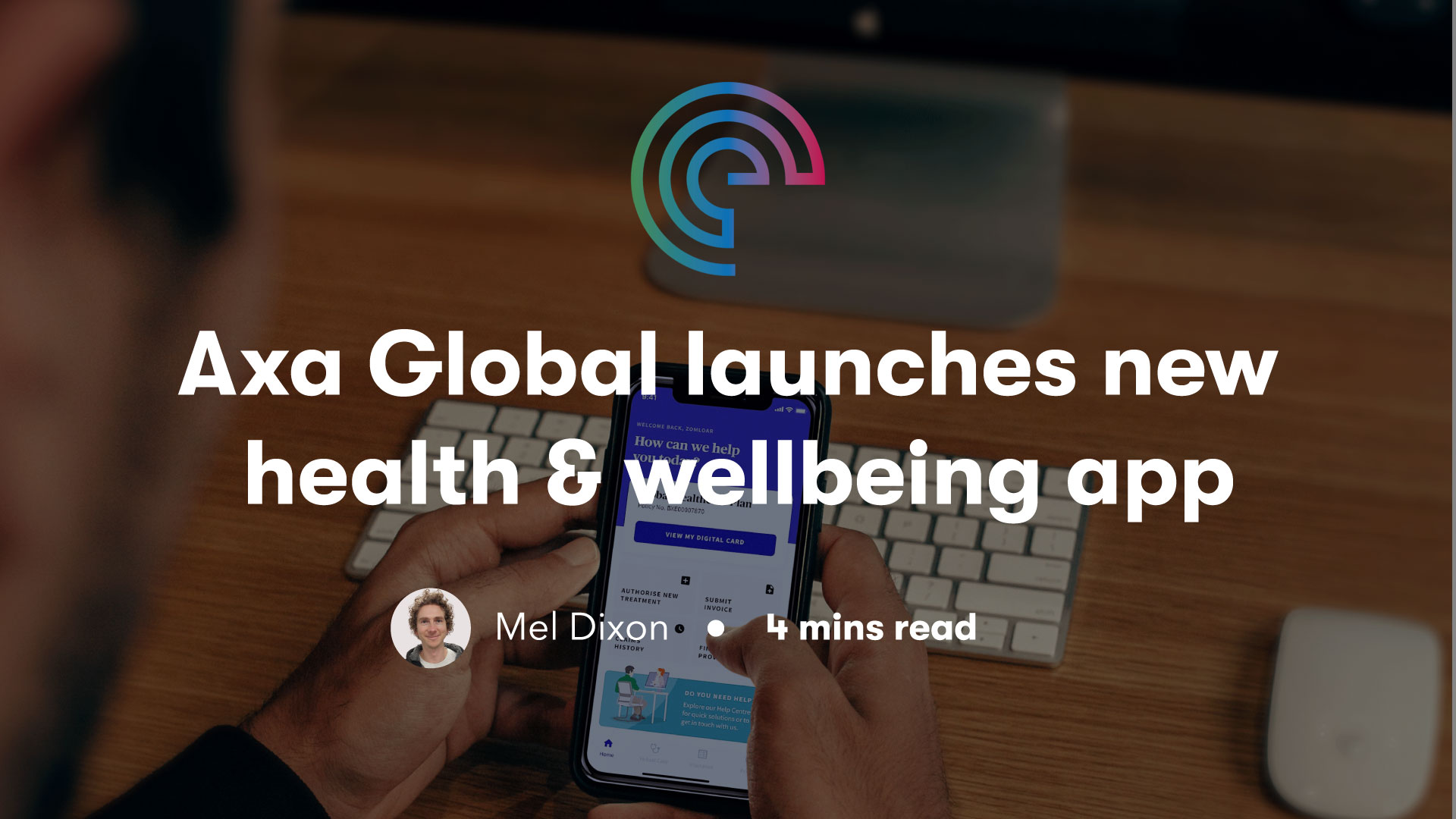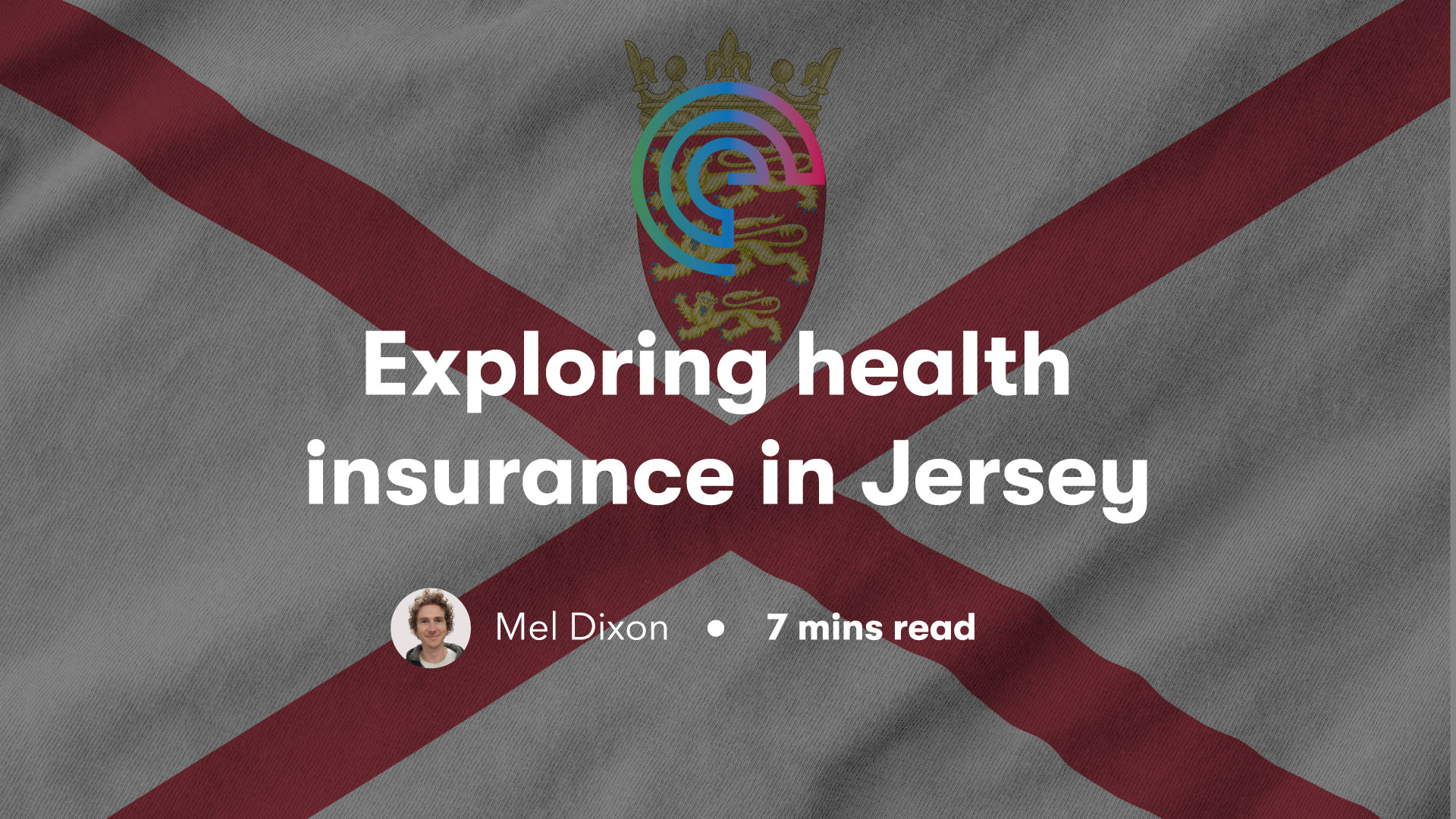Which Employee Benefits do young people want from your business?
As Gen Z workers enter the workplace, a new approach to employee benefits may be required. Gen Z bring in a new way of thinking along with different demands. These ‘Zoomers’ are defined as being born between 1997 and the early 2010s, raised on the internet and social media, and highly conscious of issues related to authenticity.
Who is Generation Z?
Defining features of Generation Z can be broken down into four parts:
- Undefined ID – fluidity in how you define yourself
- Communaholic – a lack of differentiation between circles of friends / inclusive
- Dialoguer – avoidance of confrontation
- Realistic – holding a pragmatic approach with all the information
A lot of issues surrounding Gen Z are rooted in identity with emphasis on individual expression, dialogue, and a search for authenticity. An interest in human rights emerges from this (LGBTQ+, race and ethnicity, and feminist issues). Companies must adapt their employee benefits schemes and work communities around causes and interests, rather than previous economic backgrounds.
Being brought up surrounded by immediate information and social media, Gen Z has a shifted perspective towards consuming for access rather than possession. Organisations and businesses can also do this by focussing on stability in the workplace rather than immediate gratification of high salary.
Why offer employee benefits for Generation Z?
The research from the 2018 Perkbox survey (The Great Perk Search) suggests that Generation Z place more importance on workplace perks than other generations. Over a third (36%) of Gen Zers say employee benefits influence their decision to accept a job.
The Great Perk Search also reveals that just 38% of Gen Z feel entitled to benefits at all. Generation Z grew up surrounded by economic deficit and will continue to feel financial hardship from huge university debts of £45k. Therefore, it is no surprise that financial stability is a high priority for this generation as they carry out their quest for ethics, identity, and truth.
Just like every other generation, Gen Z benefit from the more general insurance schemes alongside specific perks. Private Medical Insurance, Group Income Protection, Critical Illness Cover, preventative health screening, all remain an important basis in creating a safe and stable work environment.
How are Generation Z’s demands different from older generations?
As the world shifts so does the different components in the Employee Value Proposition (EVP), where salary is now only one aspect that is appealing for employees.
The 2018 survey of 2315 British adults working in part-time and fulltime employment carried out by Perkbox (The Great Perk Search) provides detailed statistics on the popularity and necessity of different employee benefits that are on offer, creating comparisons between generations.
Below is a comparison between Generation X (born between mid-1960s and 1980s) and Generation Z’s top 5 most popular employee benefits:
| Generation X – Employee Benefits | Generation Z – Employee Benefits |
|
|
Gen Z are more focussed on smaller perks that bring stability and benefit everyday life, such as free hot drinks and flexible hours. Whereas the percentages from Gen X prioritise team activities and balancing the work-life relationship, with family being important.
It is clear from the Gen Z list that saving money where possible is essential, with private healthcare and free lunches, which Gen X also share. However, there is more emphasis on team building areas in the workplace from Gen X. This suggests that jobs were more centred at work compared to the flexible hours that are in demand from the younger generation.
Other employee benefits that appeal to Generation Z
Where finance is a leading factor for what Generation Z look for in employee benefits, the added extras that make up the work environment are also important to ensure companies are keeping up with needs.
Examples of changes that can make a difference:
- Establishing a communal approach to work where employees feel comfortable and open to raise issues
- A relaxed dress code – to allow for individual identity and comfort
- Flexible hours – start & finish times / shift patterns
- Parking access – free parking
- Transport aid – e.g., bus passes supplied
- Fresh fruit – promoting health
The Cycle to Work Scheme, set up in 1999, is a perfect example of companies providing opportunity for health and fitness as well as a cheaper means of travelling to work for employees. With this scheme, employees can save 25-39% on a bike and accessories, promoting an environmental and healthy approach.
Impact of COVID-19 on Generation Z’s employee requirements
A high level of furlough, working from home, and a loss of jobs during the covid pandemic has produced feelings of boredom, isolation, decrease in fitness, and general anxiety. 57% young adults say they feel the things they do in life are not worthwhile. Also, more than half of 16–24-year-olds (54%) are anxious about the end of restrictions and returning to work (from Aviva’s research).
As a result, desired employee benefits have changed for younger people. The focus has shifted to address the issues that have come out of COVID-19. Some examples could be:
- Gym memberships
- Better access to mental health services
- At work team activities
- Flexible work – start & finish times / working from home
- Access to private medical insurance
What’s the point?
Altering employee benefits to change with the times, and the generation, is essential for many reasons but mainly to create a safe and stable environment for employees approaching organisations. Some key reasons are broken down below:
- To improve employee morale
- To increase productivity / motivation
- To create a better work environment and culture
- To improve employee engagement
- To reduce absences
- Lead to employees feeling happier and hard working
- To increase staff retention and reduce staff turnover
Generation Z’s young and fresh perspective is needed in shifting the face of the workforce and business. With little high demands in comparison to past generations, why shouldn’t they receive great employee benefits?
Contact Engage Health Group to discuss how your business can support your young employees’ wellbeing. We are happy to give you free, no-obligation advice.



